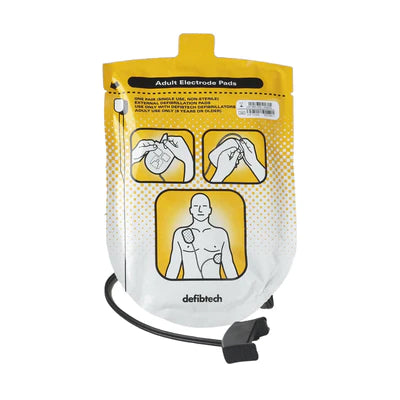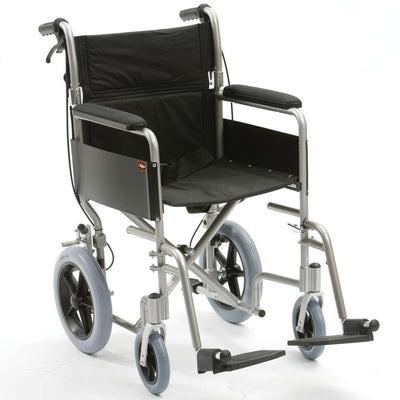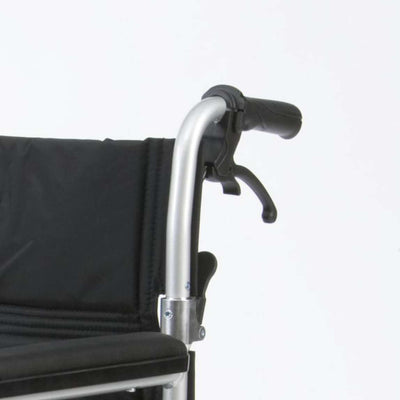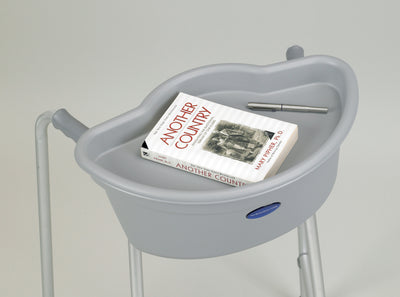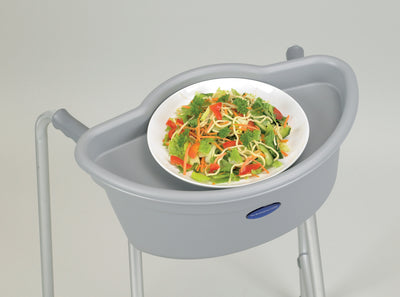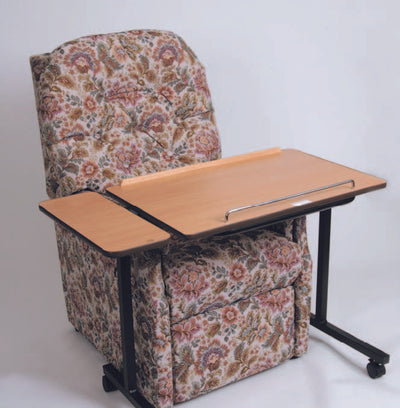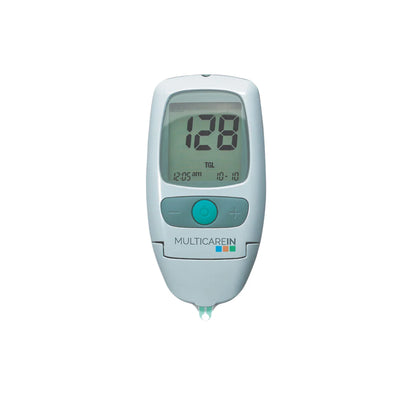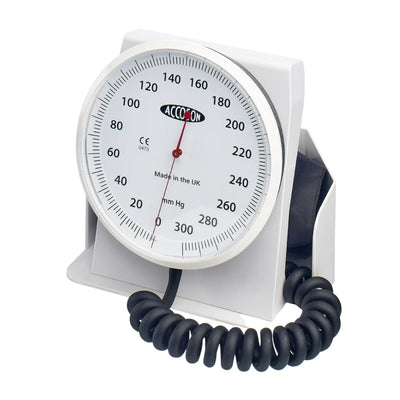Most of us would like to be able to live independently in our own homes for as long as possible into our old age. The reality is, however, that as we age we will face new challenges in our daily lives that, despite years of independent living, could potentially impact our safety, well-being, and overall quality of life.
Here are some key challenges to bear in mind when considering whether an elderly person is ready and able to look after themselves, living independently in their own home:
Trips, falls and personal safety
According to Age UK, falls are the most common cause of injury related deaths in people over the age of 75. Older people often fall while carrying out routine, day to day tasks such as opening the front door, walking up and down stairs, bathing or cooking.
Hip and bone fractures are the very common results of falls at home, and are most often the cause of an admission to hospital for surgery.
One of the biggest concerns regarding falls for the older person living at home independently, is the length of time it may take for them to receive help after a fall. Sadly, fractures from falls can have serious and often fatal consequences for older people, especially if left untreated for any length of time.
Medication overdose or underdose
In England, more than 1 in 10 people aged over 65 take at least eight different prescribed medications each week. This increases to nearly 1 in 4 people aged over 85.
Managing medication, therefore, comes with its own challenges for the elderly person living on their own.
Elderly people living independently may forget to take their medication, perhaps because of mild dementia, simple forgetfulness or feeling unwell and fatigued. The result will be medication underdose, which can make their already deteriorating health worse.
Similarly, there is the risk that an elderly person might inadvertently take too much of their medication, resulting in accidental overdose and the potentially fatal effects resulting from that.
Mis-management of medication can happen as a result of cognitive deterioration, which could go unnoticed if a person is living on their own.
Loneliness and anxiety
Living alone can make it much harder for the elderly person to regularly engage in social interactions with others. Loneliness can have a serious impact on both mental and physical health, including chronic illness and depression. Sadly, for a significant number of older people, particularly those living alone, loneliness can define their lives and have a hugely detrimental effect on their wellbeing.
Limited movement and mobility can also lead to stress and anxiety. Exasperation is yet another emotional challenge that older people who live alone face. This may be caused by their inability to take care of themselves or perform routine tasks that they could comfortably perform on their own in the past.
Poor nutrition
Older adults living alone may not have interest in cooking a nutritious meal for themselves. Tasks such as shopping for groceries and preparing cooking ingredients can become tedious, difficult and even appear pointless when only catering for one.
The result of this is that the older person living alone can begin to make poor food choices such as eating junk food or not eating at all.
Addressing these concerns may involve a combination of GP assessment, family support, community resources, home modifications, and the use of professional care services. Regular check-ins, safety assessments, and open communication with the elderly person can help mitigate these concerns and create a supportive living environment. Remember that their situation will change regularly and that their ability to live alone might require different levels of support as time goes on.


